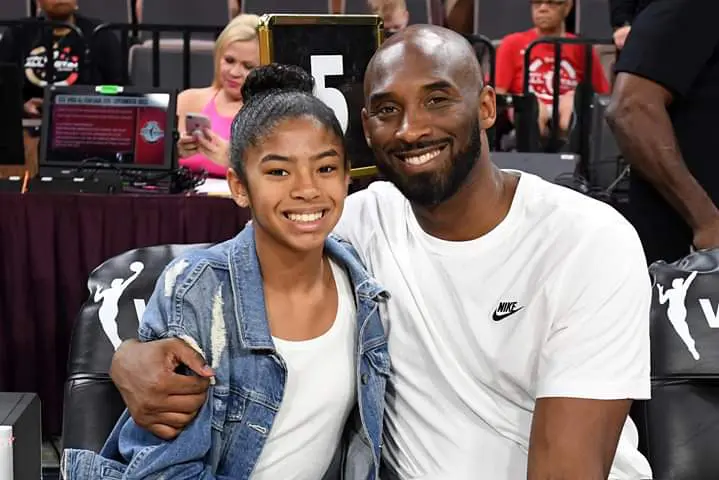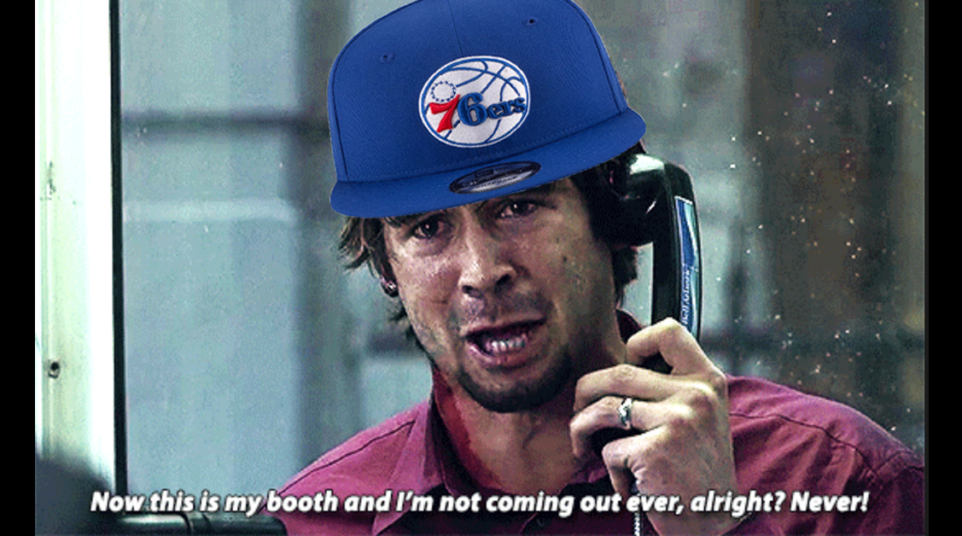
On Kobe Bryant's Complicated Past, and Why People Like Felicia Sonmez Are Missing the Point
In the Sunday hours following Kobe Bryant’s death, Washington Post national political reporter Felicia Sonmez retweeted a link to a Daily Beast article on Bryant’s 2003 sexual assault incident, a story titled “Kobe Bryant’s Disturbing Rape Case: The DNA Evidence, the Accuser’s Story, and the Half-Confession.”
Sonmez faced immediate backlash for the timing of the tweet and was suspended by the Post for displaying “poor judgment that undermined the work of her colleagues,” according to Managing Editor Tracy Grant.
That rape case certainly is important, and it’s absolutely worth mentioning when discussing Kobe’s life and legacy in its entirety. It was very public and dominated headlines, a story that ended with an out of court settlement after sexual assault charges were dropped by the 19-year-old accuser, who was dragged through the mud and smeared and ultimately decided not to testify. Instead, Bryant apologized and explained his understanding that the encounter was not consensual, though he never admitted guilt.
But that’s not really what this is about, the case itself.
It’s about this –
Did the 2003 incident need to be the first thing tweeted about on Sunday afternoon, while the wreckage of the helicopter was still smoldering? After a tragedy in which a father died alongside his daughter and seven other people? No, probably not. Perhaps Sonmez could have waited 24, 48, or 72 hours before digging right into the man’s past transgressions and mistakes and highlighting the low-point of his life and his wife’s life. Maybe a little bit of sensitivity was in order, that ability to step back, read the room, and say, “perhaps it isn’t appropriate to do this right now.”
That’s what Sonmez’s critics were calling for, though it seems like she doesn’t understand this. Reinstated by the Post on Tuesday, she doubled down in a series of tweets that continue to miss the point:
I believe that Washington Post readers and employees, including myself, deserve to hear directly from @PostBaron on the newspaper’s handling of this matter. My statement on The Post’s decision tonight: pic.twitter.com/t5ULzUQhYT
— Felicia Sonmez (@feliciasonmez) January 29, 2020
Washington Post journalists endeavor to live up to the paper’s mission statement, which states, “The newspaper shall tell ALL the truth so far as it can learn it, concerning the important affairs of America and the world.”
— Felicia Sonmez (@feliciasonmez) January 29, 2020
I hope Washington Post newsroom leaders will not only prioritize their employees’ safety in the face of threats of physical harm but also ensure that no journalist will be punished for speaking the truth.
— Felicia Sonmez (@feliciasonmez) January 29, 2020
That’s all good and well, but it’s totally off-base.
This isn’t about telling “ALL the truth,” as Sonmez writes, it’s about showing a bit of restraint and understanding in the immediate hours following a tragedy. At the time, you had a widow mourning her husband’s death and surviving daughters imagining life without their father and sister. This was a time period when seven other victims hadn’t even been identified yet, when first responders were still on the scene and trying to gather all of the facts.
As such, Sonmez’s decision to immediately go to the rape case comes off as tone deaf for the reason of TIMING alone. She didn’t need to be suspended for a retweet, which is ridiculous, but the Post should have just pulled her aside and said, “Felicia, listen, let’s just give this a minute before bringing up the sexual assault topic.” Instead, Sonmez wound up making herself the story, which is the first thing they teach you not to do in journalism school.
Consider, as a counterpoint, the way Bob Costas decided to include the sexual assault case in his words about Kobe Bryant –
I’ll keep my opinions to myself this time.
But I think Bob Costas says it very well: pic.twitter.com/dhk5svKANa
— ⚾️CPA⚾️ (@MrMet_CPA) January 27, 2020
That was a much more tasteful, measured, and appropriate way to address the subject.
In conclusion, nobody is sitting here saying that the rape case is unimportant, and that bears repeating:
Nobody is sitting here saying the rape case is unimportant.
That’s part of Kobe’s life and legacy and always will be. It’s certainly a complicated topic worthy of discussion, an abrasive subject that will obviously conflict with the natural canonization of a high-profile athlete or celebrity following their death. The specific problem people have with Sonmez is the timing of the retweet and continued misunderstanding of the negative response. This isn’t about telling “the truth” or doing some kind of journalistic duty; it’s about taking a step back and letting the dust settle, both literally and figuratively, before going negative on a guy who just died in a helicopter crash alongside his teenage daughter.





